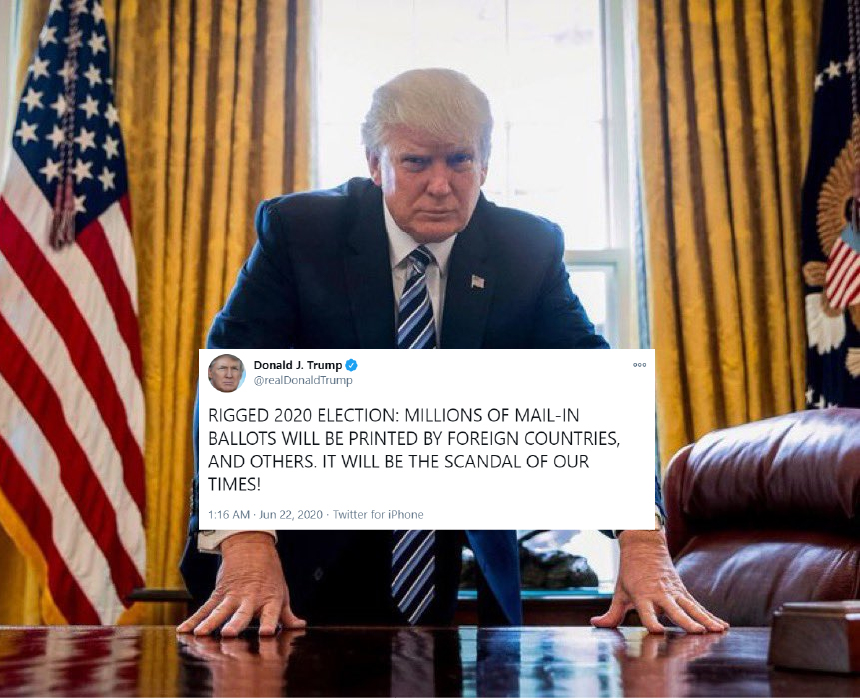While this kind of thinking is important, as our dreams reveal something about ourselves irrespective of the degree of realization, I think there are other possible challenges that may equally or more merit our attention.
The advancement of these technologies depends on our access to cheap energy resources, primarily fossil fuels, which with continued growth (not hindered by f.e. a pandemic) won’t be possible for much longer. I see no answer to Peak Oil.
Peak Oil isn’t the sexiest discourse – interactions of quantities of energy resources, economy, extraction techniques, disinformation – I prefer to get my hands less “dirty”, dealing with something more purely of the mind, but that doesn’t mean peak oil doesn’t merit attention.
What may face us, if Peak Oil thinkers like Michael Ruppert got it right, seems to be something between a chaotic collapse of the globalization and the emergence of political orders based less on fragile, global complexity, and more on geography and ecological limitation.
To begin to grasp such a scenario, it is important to bring the most advanced metaphysical discourse, Traditionalism, and the most practically relevant discourse, peak oil together. Here Miguel Fernandez and Chad Haag are two brilliant, eclectic pioneers.
The death of the dream of unlimited technological progress does not automatically mean the death of the Promethean and Faustian dream of challenging all limitations – The essence of technology is not itself something technological.
I think particularly the works of Jason Reza Jorjani are revealing to grasp the Promethean archetype. The trauma of collapse may induce a Promethean doubling down – this time in the direction of magic – or parapsychology.
As anthropologists have experienced and Traditionalist like Guénon knew, the world is more malleable outside the paradigm of modern reason. Parapsychology works – and to greater extent perhaps when the limits both of modernity and religious traditions are removed.
Besides, even should technologies like the internet disappear, it will already have attuned humanity to a certain way of being, like having the ability to communicate directly over great distances for granted, creating a vacuum desired to be filled by other means.
Parapsychological techniques may work – but they do not provide a center – an integrating horizon of meaning, neither for a community, nor for the practitioner to integrate himself in his immutable, detached, authentic core.
To face such challenges in an adequate way, the discourse of Traditionalism is crucial. Guénon’s “The Reign of Quantity and the Signs of the Times” and Evola's "The Mask and Face of contemporary Spiritualism" are of particular importance.
For the heroic types, seeking risks to reach the absolute, tempted by titanic powers, it is necessary to confront the questions of magical powers in a more nuanced way than Guénon did. Julius Evola and Andras László are great guides here. I recommend this.
https://t.co/KsEznpBY9B
While giving attention to the way technology is headed, let us not be blind to the ecological conditions for the paradigm behind technological progress, and consider also other possibilities than digital technology for how the Antichrist may manifest.
[End of Thread]






















